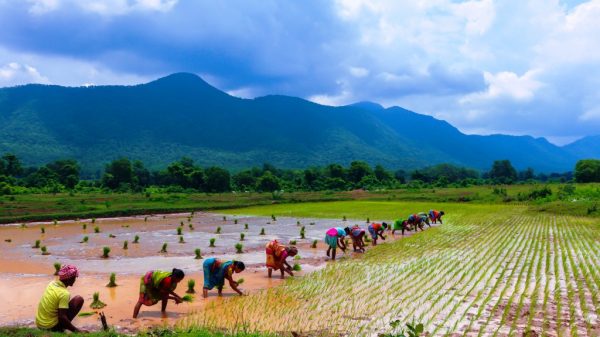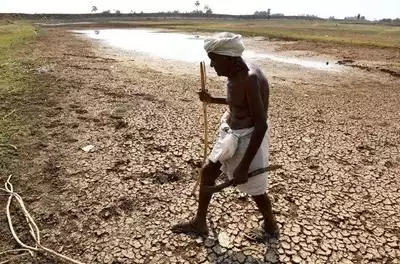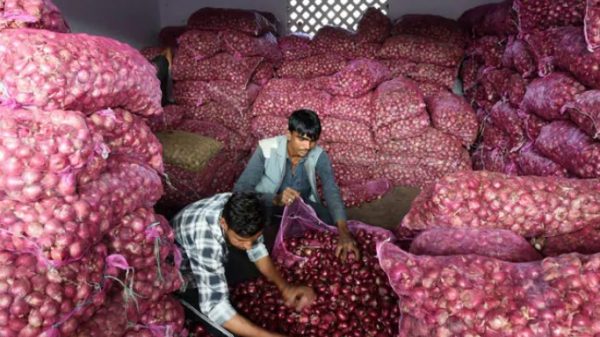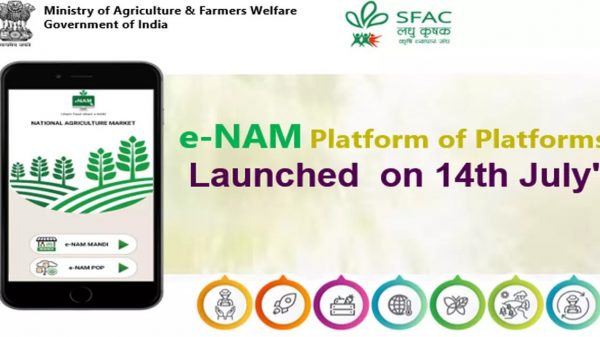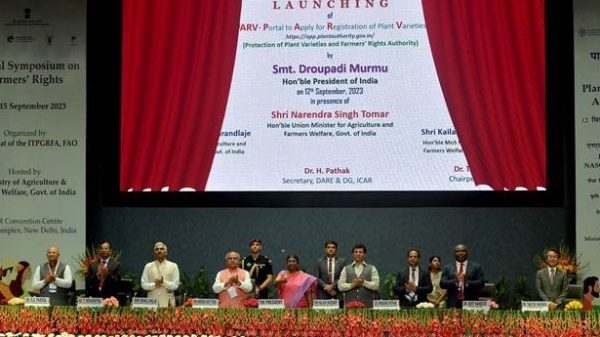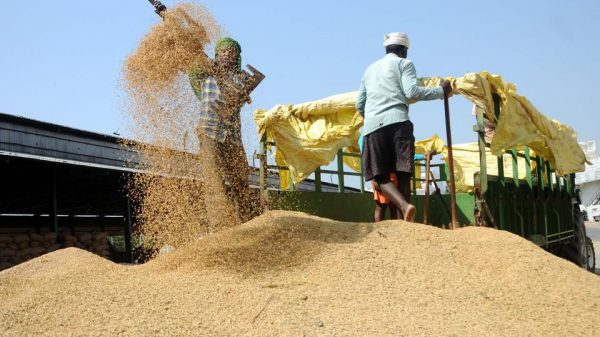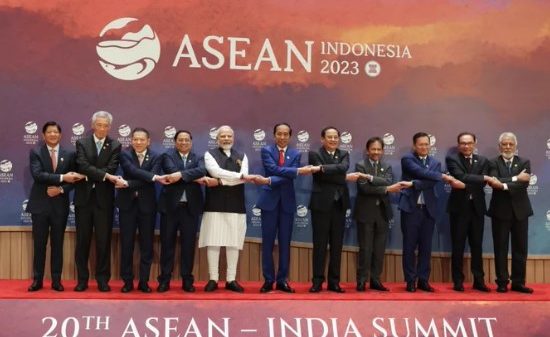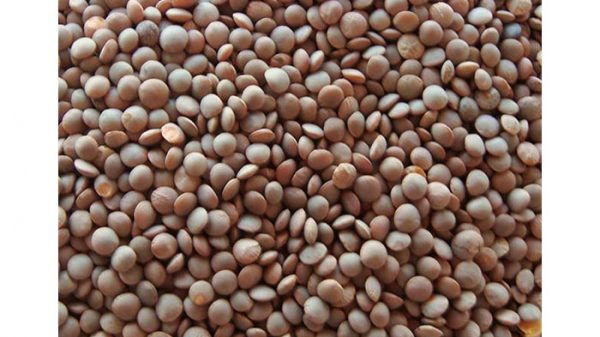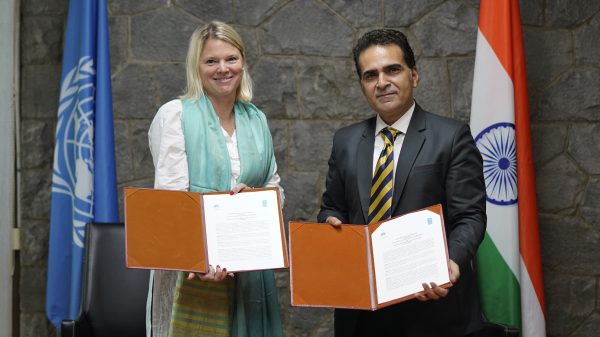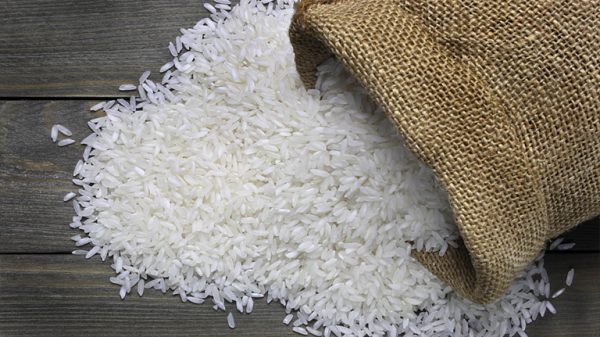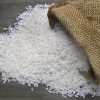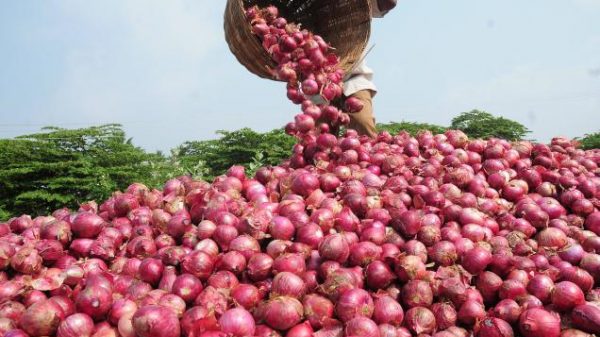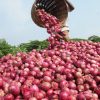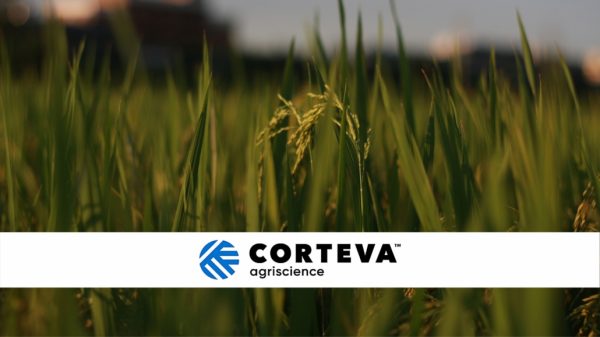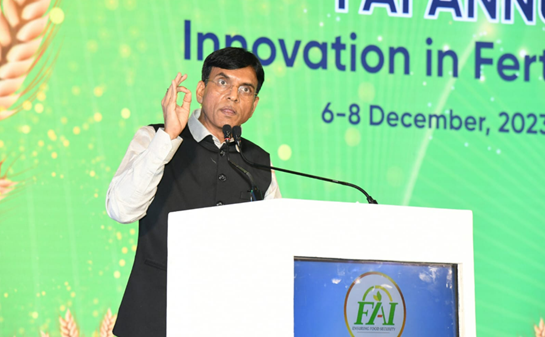The government has announced a revision of guidelines for crop residue management. This new initiative enables the ex-situ management of paddy straw while providing crucial financial assistance for the acquisition of machinery. A senior official from the Ministry of Agriculture made this announcement on Friday, emphasizing the government’s commitment to assisting farmers in managing stubble effectively.
S Rukmani, Joint Secretary of the Ministry of Agriculture and Farmers Welfare, conveyed the government’s dedication to this cause during her remarks at a National Workshop on Clean & Green Solutions for Rice Straw Management, jointly organized by the Confederation of Indian Industry (CII) and the Ministry of Agriculture.
Under the revised guidelines, the government is actively promoting ex-situ management of straw, offering substantial financial support for machinery acquisition through a generous subsidy program of up to 65 percent for projects. In tandem with this effort, the industry is expected to contribute 25 percent towards operational costs.
Rukmani highlighted the potential economic value of stubble, emphasizing the government’s initiative to create a paddy straw supply chain in collaboration with the private sector. This Public-Private Partnership (PPP) model aims to involve industries capable of utilizing paddy straw in various ways.
There are many uses for paddy straw, but there was no robust supply chain available for these industries, the joint secretary said.
S Sivakumar, Chairman, CII National Agriculture Council and Group Head, Agri & IT Business, ITC Ltd, said that the issue of rice straw management is a continuous journey, and every solution creates new problems.
“For instance, burning stubble seemed like a solution at one time given the short window period between harvesting one crop and sowing the next, but burning ruined soil quality and created enormous pollution,” he said.
The long-standing issue of stubble burning, a practice that has plagued Indian agriculture for years, was also addressed during the event. S Sivakumar, Chairman of the CII National Agriculture Council and Group Head of Agri & IT Business at ITC Ltd, offered insights into the complex nature of the problem. He reminded the audience that while solutions exist, they often give rise to new challenges.
Sivakumar shared historical perspectives, acknowledging that burning stubble had once seemed like a viable solution due to the short window of time available between harvesting one crop and sowing the next. However, this practice ultimately led to soil degradation and severe pollution.
To find a comprehensive solution, Sivakumar stressed the need to identify gaps in terms of awareness, cost-effectiveness, and investment barriers. He emphasized that each region would encounter unique challenges that must be overcome to effectively manage rice straw.
Arvind Meshram, Deputy Commissioner at the Ministry of Agriculture and Farmers Welfare, elaborated on the revised guidelines and highlighted the role of machinery in incorporating paddy straw into the soil. He emphasized how this practice could enrich the soil, benefiting farmers while simultaneously providing industries with a consistent supply of paddy straw.
The crop residue management project aims to create income opportunities for farmers by facilitating the sale of paddy straw, while industries will benefit from a reliable supply source.
Earlier in July this year, the government revised the Crop Residue Management guidelines, particularly targeting the efficient ex-situ management of paddy straw in the states of Punjab, Haryana, Uttar Pradesh, and Delhi. The revised guidelines will see the establishment of techno-commercial pilot projects for the Paddy Straw Supply Chain through bilateral agreements involving farmers, rural entrepreneurs, cooperative societies, Farmers Producer Organizations (FPOs), and Panchayats, in conjunction with industries seeking to utilize paddy straw resources.


